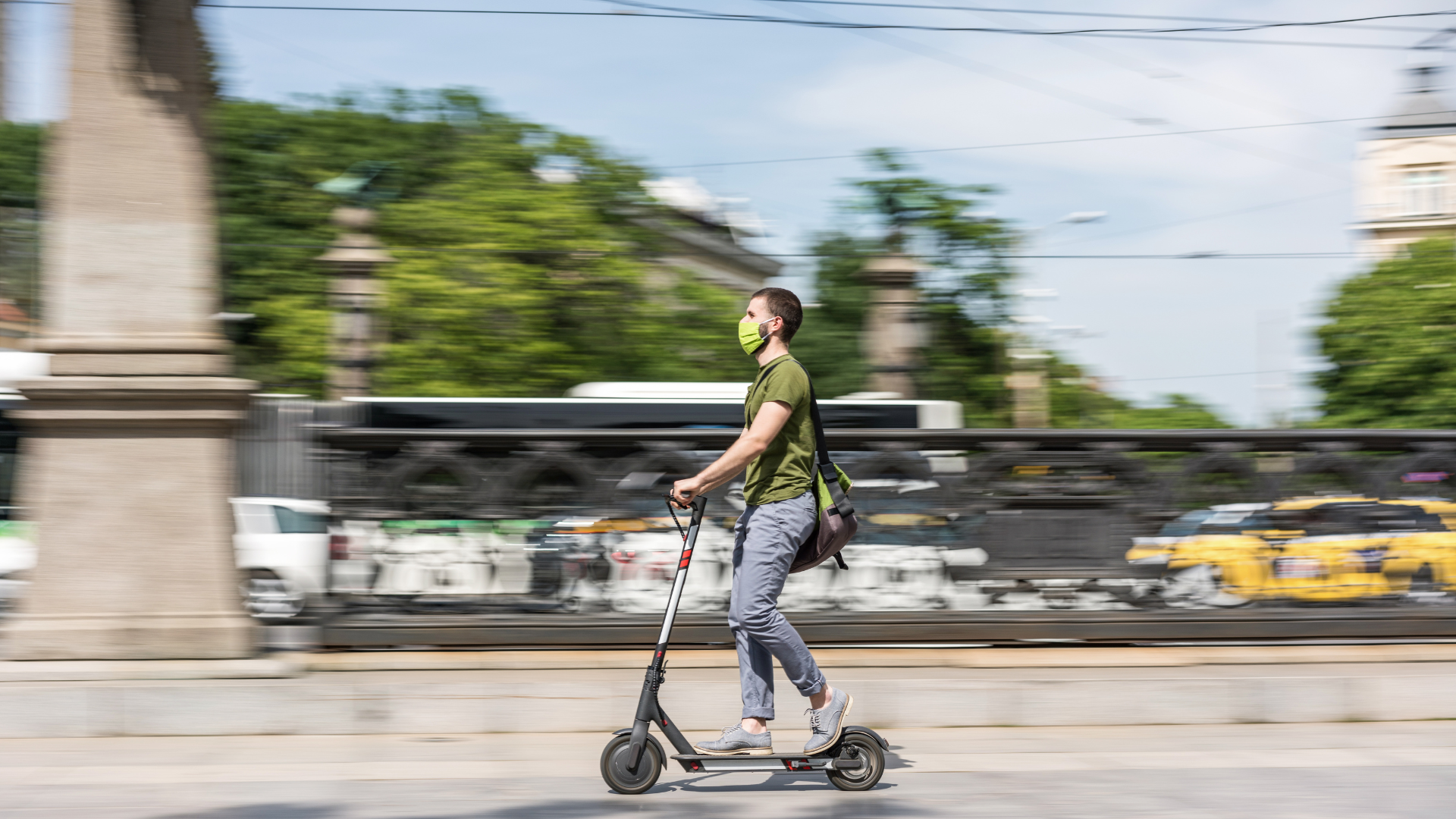The main focus of ACSO's latest report is the impact the current regulatory status quo has on liability and the rights road users have if they are injured in an accident involving an e-scooter.
ACSO has partnered with various stakeholders in delivering this report, all of whom have offered their vision for how the legalisation of privately owned e-scooters can be handled with care.
With more than a million e-scooters believed to have been imported to the UK since 2018, it is clear this new mode of transport is here to stay. However, the current laws governing their use are by no means fit for purpose. As it stands, those involved in e-scooter accidents are left to navigate various legal grey areas to see if they can be compensated for losses that arise from their accident with vehicles not officially allowed to even be on the roads. This makes the claims process unnecessarily arduous for victims of road traffic accidents and impractical as e-scooters use rises.
In light of the concerns raised throughout the report and the forthcoming Transport Bill which is expected to legalise e-scooters, ACSO has generated recommendations for policy makers to consider before and after the legalisation of privately-owned e-scooters. These include:
- Expanding the e-scooter hire schemes to collect more data and to make this data publicly available;
- Building better infrastructure to accommodate e-scooters;
- Educating all road users on how to share the road with e-scooter riders;
- Insuring and registering e-scooters; and,
- Introducing a minimum age and a legal speed limit along with compulsory safety features and protective gear.
Safety on our roads and the treatment and rehabilitation of those people who are injured on them every year is so very important. The future of e-scooters is too.
